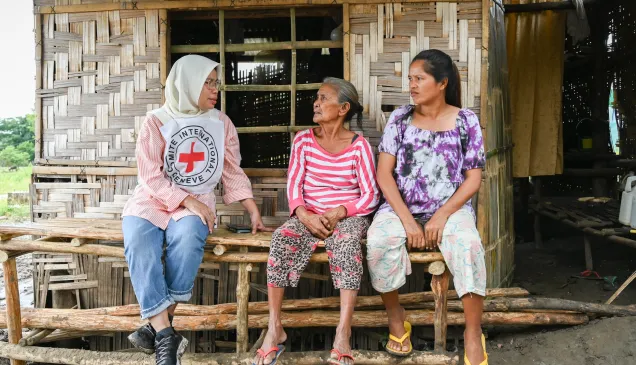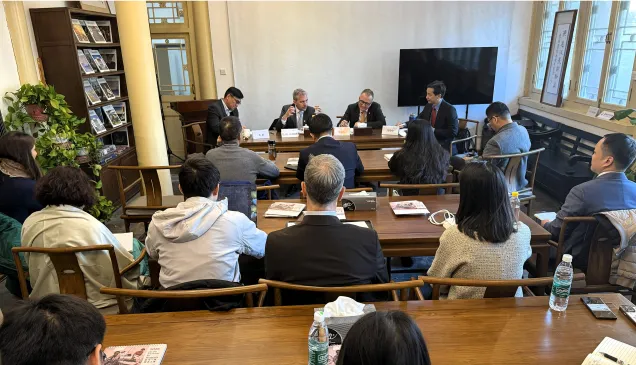Torture and other forms of ill-treatment: The definitions used by the ICRC
Numerous documents on the ICRC website and elsewhere set out the ICRC's position on torture and ill-treatment, and the measures we are taking to put an end to these practices. But any discussion of the topic requires a common understanding of the words used, so we have decided to list here the meaning we at the ICRC give to four key terms.
- Torture consists of severe pain or suffering, whether physical or mental, inflicted for such purposes as obtaining information or a confession, exerting pressure, intimidation or humiliation.
- Cruel or inhuman (synonymous terms) treatment consists of acts which cause serious pain or suffering, whether physical or mental, or which constitute a serious outrage upon individual dignity. Unlike torture, these acts do not need to be committed for a specific purpose.
- Humiliating or degrading (synonymous terms) treatment consists of acts which cause real and serious humiliation or a serious outrage upon human dignity, and whose intensity is such that any reasonable person would feel outraged.
- Ill-treatment is not a legal term, but it covers all the above-mentioned acts.
Please note that in a number of our publications (including the International Review, Vol. 93, No. 882) we accidentally omitted the mention of physical pain or suffering from the English-language version of our definition of cruel or inhuman treatment (the French being the original). The above definition of cruel or inhuman treatment, which includes physical pain or suffering, reflects the ICRC's policy on the matter.



